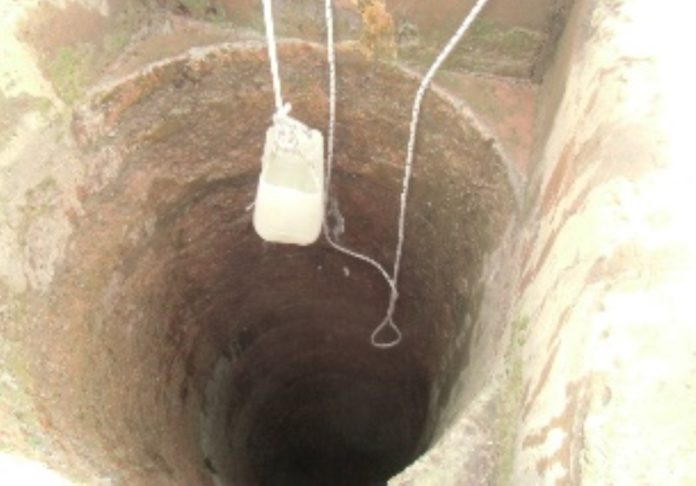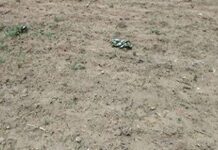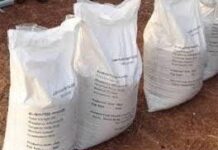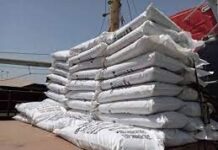This Column is meant to monitor and report on issues that concerns the people of rural communities, in terms of how their development is hindered or facilitated.
Rural development is a process that aims to improve the standard of living of people living in rural communities.
According to Robert Chambers, rural development is a strategy that enables a specific group of people like poor rural women and men, gain for themselves and their children, more of what they want and need.
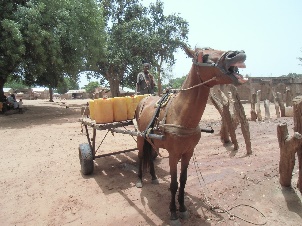
It involves helping the poorest among those who seek a livelihood in rural communities, to demand and control more of the benefits of rural development. The group includes small scale farmers, tenants and the landless.
Thus, the term rural development may be used to imply any one of the above-mentioned connotations.
To avoid the ineffective floundering among the myriad definitions, we shall define rural development as a process that leads to sustainable improvement in the quality of life of rural people, especially the poor.
According to Lamin Sambou Kinteh, for rural development to be meaningful and realizable, the trinity of development must be present such as electricity, water and rural infrastructural development like roads, industries, schools, health facilities etc.
The Sustainable Development Goals are the blueprint to achieve a better and more sustainable future for all. They address the global challenges we face, including those related to poverty, inequality, climate and environmental degradation, prosperity, peace and justice. The Goals interconnect and in order to leave no one behind, it is important that we achieve each Goal and target by 2030.
The six Sustainable Development Goal which deals with Water and Sanitation indicated among other things that clean, accessible water for all is an essential part of the world we want to live in; that there is sufficient fresh water on the planet to achieve this. However due to bad economics or poor infrastructure, millions of people including children, die every year from diseases associated with inadequate water supply, sanitation and hygiene.
The sixth Sustainable Development Goal went on to indicate that water scarcity, poor water quality and inadequate sanitation, negatively impact on food security, livelihood choices and educational opportunities for poor families across the world; that at the current time, more than 2 billion people are living with the risk of reduced access to freshwater sources and by 2050, at least one in four people is likely to live in a country affected by chronic or recurring shortages of fresh water.
In the last edition, we highlighted the water issue of Ndowen. In this edition, we shall highlight the water crisis in Njaley Samba.
Njaley Samba, a village in the Niani District Central of the River Region North of the Gambia, are seriously hit with water crisis because their only open well has become muddy and unfit for drinking.
According to villagers, they now travel to Njoro and Kaba, a distance of 3 kilometres and 8 kilometers respectively in the Republic of Senegal, to get this life threatening commodity; that they travel to Senegal and buy this at D5 per 20 litres containers and this is escalating their poverty. Penda Bah indicated that the water crisis in the village is a cause for concern because the problem is not seasonal but now, all year round; that during the rainy season, the well becomes full rendering the water unfit for drinking; that the well becomes dry and muddy during the dry season. She said the water crisis is not only impacting negatively on their health and income, but impacts negatively on their draught animals.
Penda pointed out that they rely on their draught animals for their agricultural activities during the rainy season and due to the water crisis in the village, they are as well using their draught animals to get water from Senegal at time that the animals should rest.
On her part, Sira Mojou noted that their major problems are water and poor road network; that they are 20 kilometres away from the Kuntuar health facility and commute the distance with horse carts, carrying woman in labour; that this is devastating to their lives.
She called on Government to help them with portable water and good roads to ease their suffering.
The Alkalo of the village Demba Bah, said the water crisis in the village is alarming and called on the Government, Non-governmental organisations and philanthropists, to come to their aid, because no human being can live without water.













